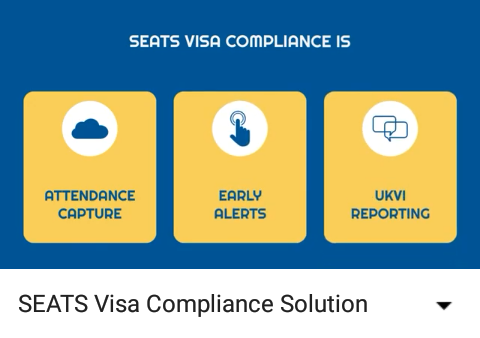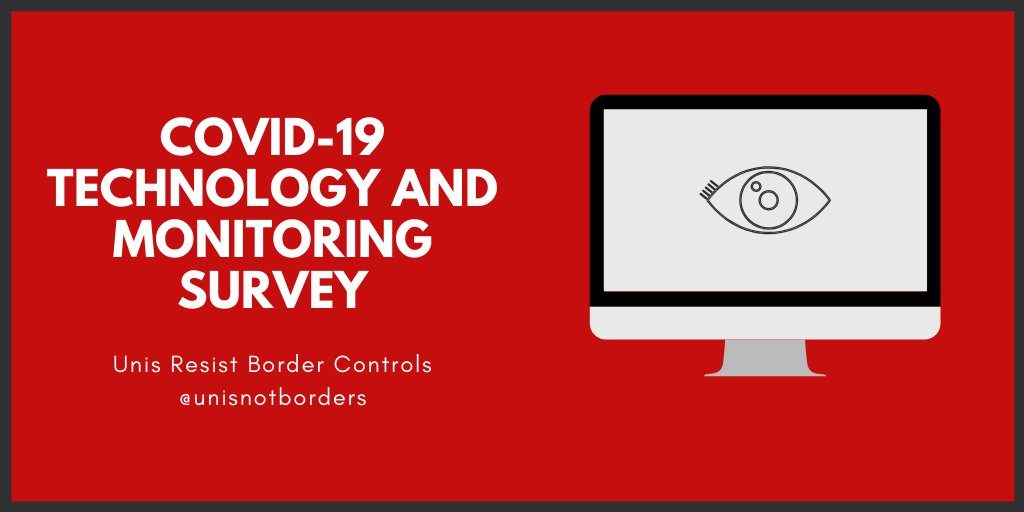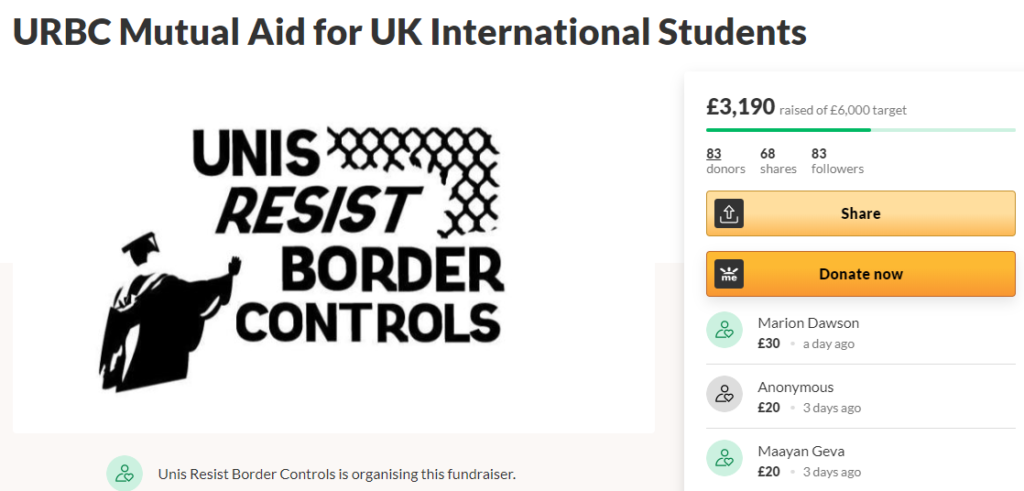
By Caoimhe Mader-McGuinness
In 2018, a couple of weeks before the first semester was about to start, I received an obscure email asking me to attend a ‘timetabling presentation.’ As very little information was given about the nature of this unexpected session, and as it appeared to be targeted at people higher up in the chain of command (I have no power over timetable allocations), I decided to ignore this random summoning. I hadn’t yet noticed the small card reader installed across the classrooms in my department, and the purpose of this sudden email only became clear to me as I received a follow-up email in my inbox a couple of days later, as the PowerPoint from the session was forwarded to all teaching staff.
What had been vaguely named ‘timetabling presentation’ was in fact a briefing to all staff about newly installed SEAtS technology, a means to record students’ attendance via a card ‘tap-in’ system separate from the traditional paper registers we had been using up until then. The installation of these readers was billed as a means to better support student engagement (the technology used also harvests data from student’s use of a variety of teaching and learning services such as the library or the Virtual Learning Environment), and as a means to enhance the supportive role the university could play under its duty of care. I spotted a small footnote at the bottom of one of the slides, which read: ‘This is a completely separate system to the Tier 4 Visa Monitoring system – Tier 4 students must continue to engage with instructions from International Office – possible that this will be integrated in 2019/20 but we would be very upfront about this.’ No update on this has been given as of yet, but the existence of this footnote in itself was enough to confirm what I had suspected. This new monitoring system was part of an increasing tendency by UK universities to deploy technological solutions that go above and beyond Home Office guidelines in order to comply with the demands of the Hostile Environment and the UK’s points based immigration system. The harmful implications of such initiatives are ignored or sugar-coated by institutions emphasising the possibility of enhanced pastoral care and time saving properties offered by these systems, in order to get teaching staff on board.
This was not my first encounter with either card reader technology in classrooms nor with the explicit argument that electronic monitoring of students needed to be carried out in order to provide better pastoral care in the face of an increased need for it. One of the first institutions I worked at also asked that we enter absentees onto an electronic register in order to communicate names of students who had three or more absences to our school’s dedicated student support officer, a position held by a lecturer who would then make contact with the student in order to check in with them and discuss their mental wellbeing. While I had no doubt of the designated academic’s goodwill towards students who seemed to be falling off the record, I already worried about where else all this information might be going and acted accordingly, even as I welcomed my school’s efforts to at least register that mental health was a growing problem in higher education. Indeed, there has been much talk lately of the mental health crisis facing universities with increased reports of student suicides and to a lesser extent, discussion of how mounting professional demands are taking their toll on staff. In this context, and as mental health awareness training becomes an increasingly compulsory part of staff development training (ironically alongside ubiquitous Prevent training, itself also presented as as safeguarding strategy), any initiative seen to mitigate and intervene in the crisis may appear at first to be a welcome step in the right direction. Yet the way in which many of these initiatives become intertwined with monitoring technologies and attendance tracking should worry teaching staff deeply, especially when reporting absences can have a much more extreme effect for one category of student, namely those students on tier-4 visas. Indeed, since New Labour’s 2008 introduction of a points based immigration system, non-EU/EEA students are at risk of losing their right to study and thus to remain in the UK should they be seen as failing to comply with vague attendance rules set out by the Home Office – so vague in fact each university has developed separate means to comply with the guidance.
Various members of Unis Resist Border Controls (URBC) have themselves witnessed this conflation between pastoral care and attendance monitoring in their own teaching across various British institutions, and this is also flagged up in URBC’s survey by comments made by a professor from Bristol, who also reports being told that the attendance monitoring he is asked to perform is linked to student welfare. Juxtaposed with the fact that close to half of our respondents did not know which department at their respective institutions actually processed attendance data and liaised with the Home Office, we can see a very worrying picture taking shape. This is especially the case as many participants also indicate the use of ‘attendance capture’ technology, a form of monitoring which can harvest data more complex than simple attendance registers.
‘Attendance capture’ is part of an increasingly complex set of technologies used to monitor individual staff and students’ actions, such as lecture capture, Virtual Learning Environments engagement analytics with universities in the US also starting to deploy facial recognition technologies. Several lecturers in our survey report that students must use their student cards to ‘tap-in’ to lectures electronically and the main provider for this type of system, SEAtS, reports working with at least 18 UK HE providers. Moreover, such automated technologies mask, under the glossy veneer of algorithms, the fact that these monitoring practices are deeply racist. Predictive algorithms have been shown to entrench racist bias in policing, and it is worth noting that the deployment of this type of monitoring technology has been overwhelmingly piloted in post-1992 institutions which typically cater to larger numbers of BAME and working-class students. Moreover, these mechanisms have been reported to be prone to malfunctioning, as my own students report, creating a further source of mental distress for already precarious students and staff, as non-compliance with ‘tap-in’ attendance rules can have possible consequences regarding student enrolment or access to finance, as outlined by the student loans company.
These technologies have even more serious consequences for tier 4 and tier 2 visa holders. With such technologies, monitoring every move of students and staff marked out as ‘at risk’ of breaching regulations – increasingly through the use of predictive algorithms – becomes easy, as does sharing such data with the Home Office. As the government ties the use of such technologies to universities’ ability to charge high fees, the urgency of resisting these technologies is sharpened. At the same time, resistance to them is rendered more difficult, both through their increasing ubiquitousness and because their use continues to be framed in terms of care and support rather than data collection and monitoring.
The final and terrible irony of mental health support discourse is the lack of resources actually available to students if they do indeed get identified and supported via the increased monitoring they are subjected to. A range of students have expressed to me their frustrations and struggles in attempting to access NHS mental health services, a situation made perhaps felt even more acutely by tier-4 students who have to pay a £300 a year surcharge to access any medical services. While of course many different students will suffer from ongoing mental distress, circumstances such as distance from family, large debts incurred to access UK Higher education and attendant anxieties around achieving well can heighten the risk of severe illness for tier-4 students in the context of an entirely marketized education . In this context, it is fair to say that the increasing conflation of care and monitoring is nothing short of a cynical exercise on the part of those who set up these contracts with these technology companies, making it abundantly clear that the professed concern for mental wellbeing expressed from university leaders across the country (and its supposed watchdog, the Office for Students), is but a hollow exercise, tokenistic at best and, as discussed in this article, racist at worst.
Horrifyingly, the current COVID-19 crisis has truly exposed just how much the stated concerns for students and staff’s welfare have only ever been a veneer. University management across the country have behaved in ways which have put students and staff directly at risk, exploited students’ need for term-time housing and forced workers to risk infection through denying sick pay for self isolating individuals. About half of UK universities dragged their feet in cancelling face to face teaching, only feeling the pressure as their competitors announced shutdown measures, most notably Queen Mary which left the responsibility of taking this decision to individual heads of school and remained open for lectures until the 23 of March.
Elsewhere, we saw kneejerk reactions at various Cambridge colleges where international students were instructed to vacate halls of residence as soon as possible as a measure to combat the spread of coronavirus, showing no consideration for practicalities such as the cost of airfaresand the potential lack of access to healthcare services in students’ countries of origin. Targetting foreign students specifically also shows an unnecessary and xenophobic singling out of students many whom are already financially exploited by the university. Universities across the country and their subcontracted residence managers are also refusing to cancel rent payments for students who have gone home and for students who have been stranded in the UK but lost their jobs, prompting calls for rent strikes nationwide. It is hard not to conclude that the fact the National Student Survey remains open has impacted these irresponsible decisions. NSS boosters ironically claim that this exercise ‘gives students a voice’ at the same that individual universities brazenly and continually put them and their families, their lecturers and other university employees at risk of a potentially deadly infection.
Meanwhile, library, cleaning and catering staff, as well as construction workers employed to build universities’ vanity projects remained on site for quite a while longer, and in many casesare still expected to travel to their workplaces. Goldsmiths Justice for Workers has highlighted that no pay has been offered to self-isolating workers and that despite being called ‘campus heroes’ cleaners have not been offered any extra financial initiative as management decided they were ‘key workers’ despite the government’s vague guidelines on the matter. Here again we see a mostly migrant and working class workforce treated as second class and disposable amidst a global pandemic.
A picture emerges of a combination of dangerous decisions, disregard for workers’ health and specific targeting of foreign students – in a climate which also saw a huge increase in racist attacks against East Asian individuals, many of them students. This picture also shows the professed and oft repeated concern that employees and students wellbeing is at the heart of university policy for what it is: disregard, negligence and number crunching at the expense of physical safety. This should be a wake up call for all of us involved in universities to reject this empty rhetoric and attendant technological initiatives supposedly implemented as welfare measures, as this crisis has even more acutely revealed how much universities are actually willing to protect their members. As we can see clearly now, not much at all.

Help us change this state of affairs, and join Unis Resist Border Controls and others in fighting the Hostile Environment in all its manifestations. Firstly, please complete our survey which seeks to trace how technologies are being deployed in universities post-Covid: https://www.unisresistbordercontrols.org.uk/covid-survey/
If you are interested in joining our national campaign, drop us an email at unisresistbordercontrols@gmail.com

Finally, the current crisis has left many tier-4 students stranded in the UK with no access to public funds (NRPF), and in many cases no access to university hardship funds. Please donate to our crowdfunder so we can help them out in this emergency: https://www.gofundme.com/f/urbc-mutual-aid-for-uk-international-students
